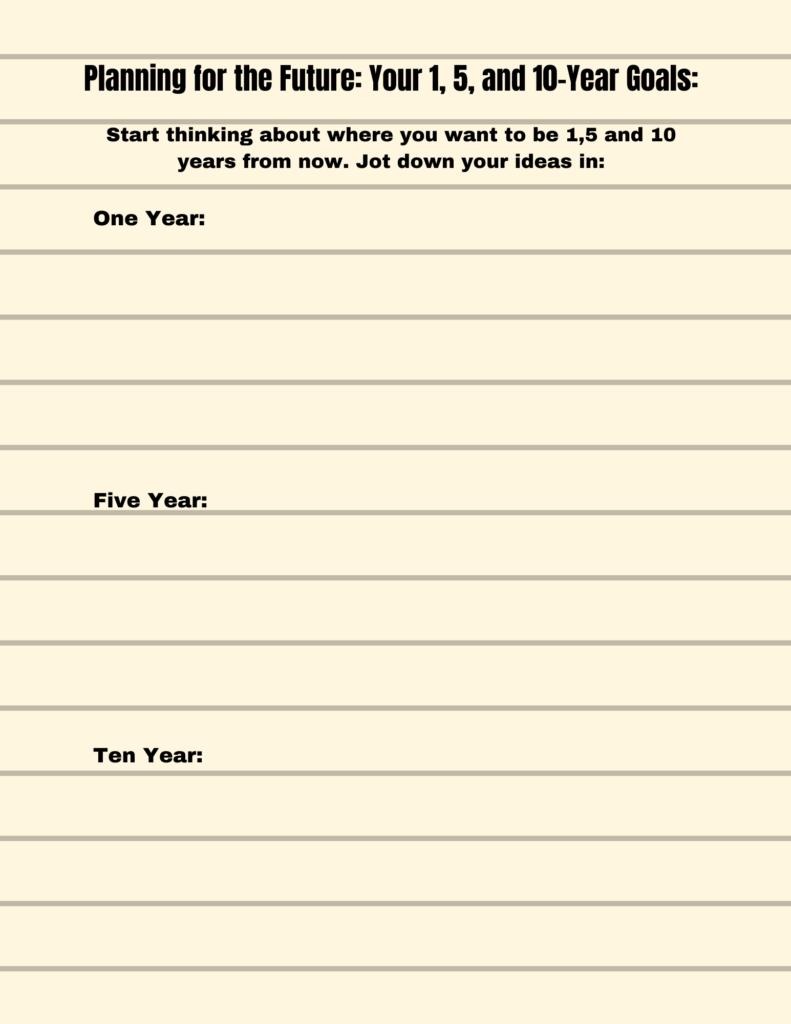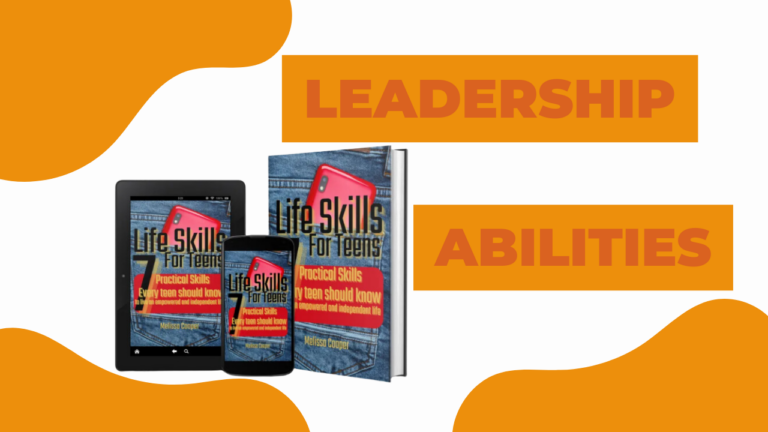7 Helpful Financial tips for teens
As a teenager, managing money can be challenging, but it’s a critical skill to learn.
Whether you are saving up for a big purchase or preparing for your financial future, there are plenty of helpful tips and tricks that can make a big difference.
In this article, we will explore some practical and easy-to-follow financial tips to help you control your finances and set yourself up for success later on into adulthood.
1. Get a job
Start by finding a suitable part-time job or full time (in the summer) that not only earns you money but also teaches you the value of hard work. With a steady stream of income, you can start saving money, covering basic expenses, and most importantly, developing valuable skills that will be useful in your future career choices.
2. Create a budget
Start by listing your income and expenses to help managing your money. So it helps you keep track of everything by identifying areas where you can see where your money is going and where you need to cut back on spending in order to save.
3. Prioritize Needs over Wants
It’s important for young people like yourself to understand the difference between needs and wants.
- Needs are things that are essential, such as food, shelter, and clothing
- Wants on the other hand, are things that may be desirable but are not essential
It’s easy to get caught up in the desire for material possessions, but prioritizing needs over wants can help YOU avoid unnecessary expenses and develop healthy spending habits.
Think critically about what you truly need versus what you simply want. This way of thinking can help you make better financial decisions both now and in the future.
4. Save early and often
Start saving as early as possible, even if it’s just a small amount each month. This can help you build a savings habit and prepare for future expenses.
Here are two important reason every teen should know:
- Compound interest: When you save money, you earn interest on your savings. Over time, that interest can compound, meaning you earn interest on your interest. The earlier you start saving, the more time your money has to compound and grow.
- Emergency fund: Life is unpredictable, and unexpected expenses can pop up at any time. By starting to save early, you can build up an emergency fund to help you weather any financial storms that come your way.
5. Avoid debt
Steer clear of debt always recognizing the financial pitfalls that leads to debt by avoiding unnecessary spending. This can include things like credit card debt, car loans, and student loans.
I have many stories that I could share where this tip would have been helpful to me. Even now I wish someone had given me this advice earlier. Although this may not be the opportune moment, it’s important to know that research is key! Research can help you make informed decisions in what to avoid.
6. Learn about investing
You are not too young to start learning about investing and financial planning.
In fact, starting early can provide you with a significant advantage over those who wait until later in life.
I’m just going to be real, I am one of them who learned much later…LOL.
By learning the fundamentals of investing, as a young person you will develop good financial habits and learn how to make your money work for you. Also, read books or articles on personal finance to increase your knowledge base.
Additionally, you can gain valuable experience that will help you make informed financial decisions in the future. So start exploring the world of investing as early as possible if this interest you.
7. Plan for the future
As a young person, you can plan for the future in a number of ways.
One important step is to set goals and create a plan to achieve them.
This involve researching potential long term careers , mapping out educational paths, and setting financial goals to get there.
It is also important for YOU to seek out opportunities for personal growth and development.
Planning for the future can be overwhelming but just take one step at a time, by breaking down goals into smaller, achievable steps can help make the process more manageable.
Having a journal or a piece of paper where you can write down what your one, five or ten years goals will look like can get you started on the right track.

Additionally, it is a great idea to seek guidance and advice from trusted adults, such as parents, teachers, or mentors, who have been successful in this area can be beneficial.
Incorporating one or more of these seven useful financial tips will help establish a strong foundation of positive financial habits that will benefit you for years to come.
See you in the next post!


